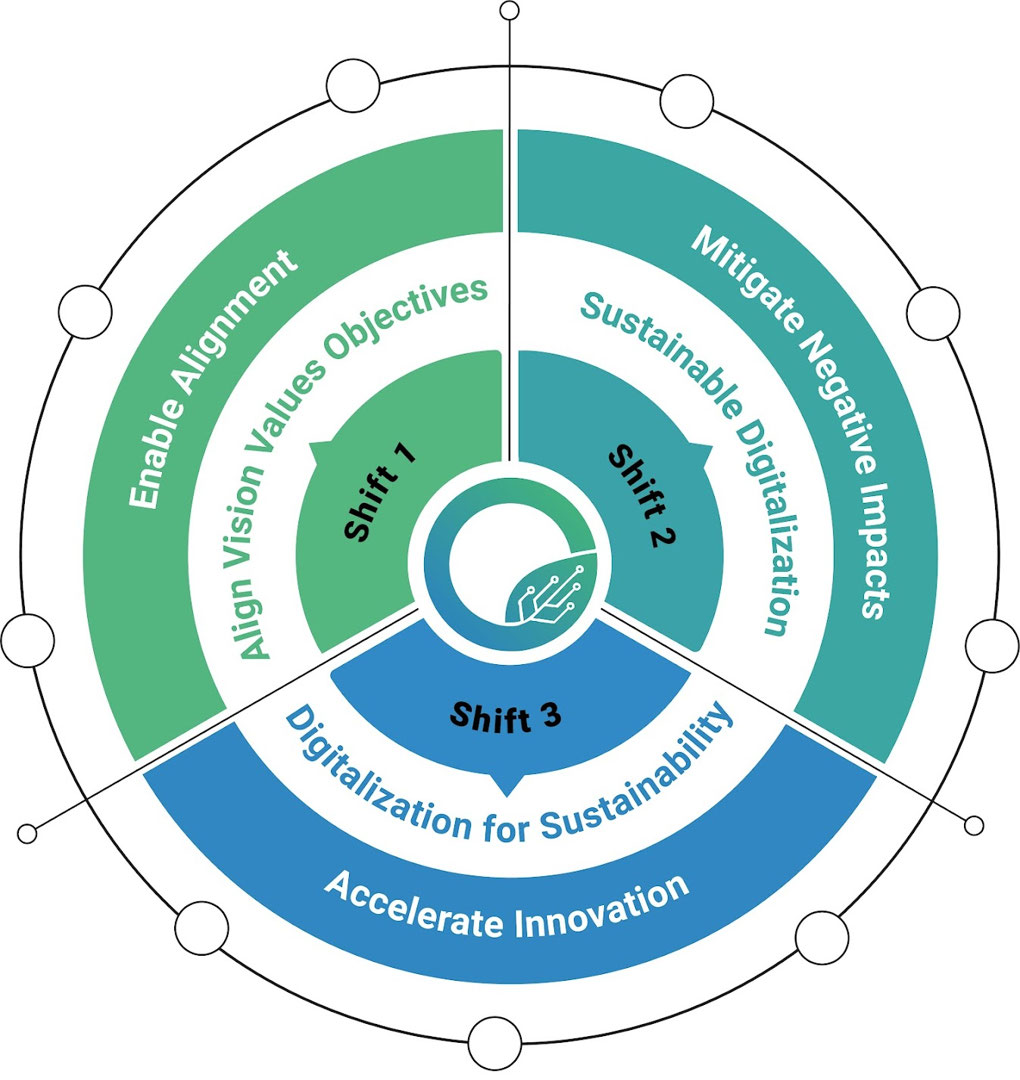02.10, 12:20–13:20 (Europe/Berlin), C++
Sprache: Englisch
Die transnationale Coalition for Digital Environmental Sustainability (CODES) hat für den UN-Generalsekretär einen Action Plan mit Umsetzungsinitiativen für #digitalsustainability kokreativ erarbeitet. Und 2023 soll ein UN Global Digital Compact verabschiedet werden. Was sind die wichtigen Hebel & Foren um Digitalisierung global als positive Kraft für die Nachhaltigkeitstransformation zu gestalten
(Re)directing digital change towards our sustainability goals needs collective action by a broad range of state & non-state actor coalitions worldwide. The multi-stakeholder Coalition for Digital Environmental Sustainability (CODES) uses its mandate by the UN secretary general to call for three urgent shifts: 1) to enable alignment of digitalization with sustainable development, 2) to mitigate negative impacts with sustainable digitalization and 3) to accelerate (digital) innovations for our sustainability goals. With 9 impact initiatives, CODES tries to stimulate concrete catalytic change and to increase awareness towards the 2023 UN Global Digital Compact.
At Bits & Bäume 2022 we want to contribute to an urgent dialogue on the global levers & fora for change. In an introductory part we introduce the CODES Action Plan and the international momentum of the Global Digital Compact. Then we start a conversation on implementation, strengthening the global-local connection and civil society engagement. We integrate a small diverse set of speakers with an international perspective to get the discussion started.
CODES is an open community of around 1000 individuals and organizations. It is co-organized by Future Earth, the German Environment Agency (UBA), the International Science Council, the Kenyan Environmental Ministry, UNDP, UNEP and Sustainability in the Digital Age. The CODES Action Plan for a Sustainable Planet in the Digital Age was developed in a co-creative process and officially presented at Stockholm+50 in June 2022. You can join here: www.sparkblue.org/CODES
Digital Change and Sustainability Transformation

